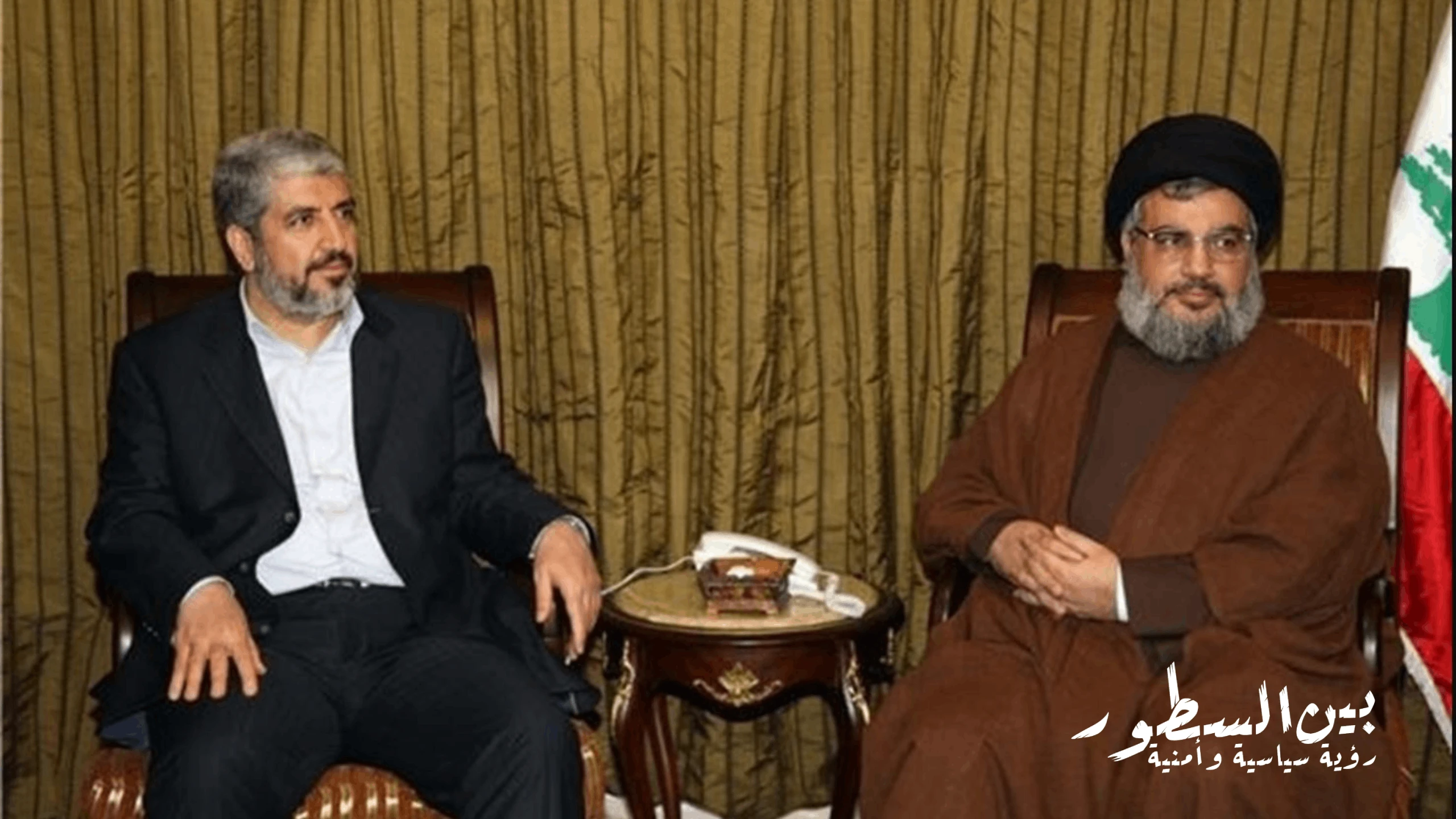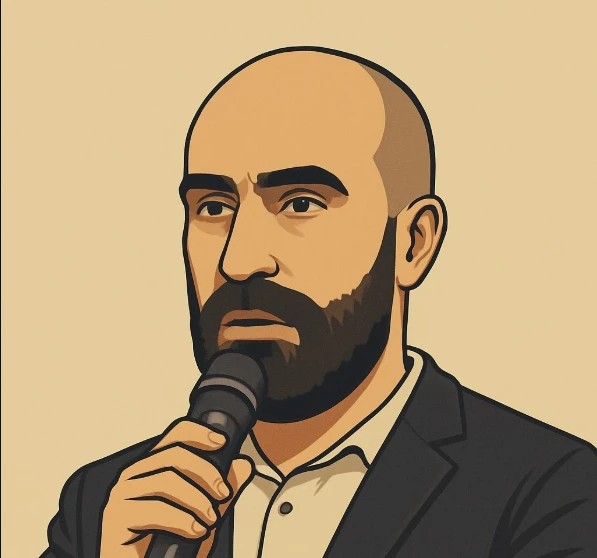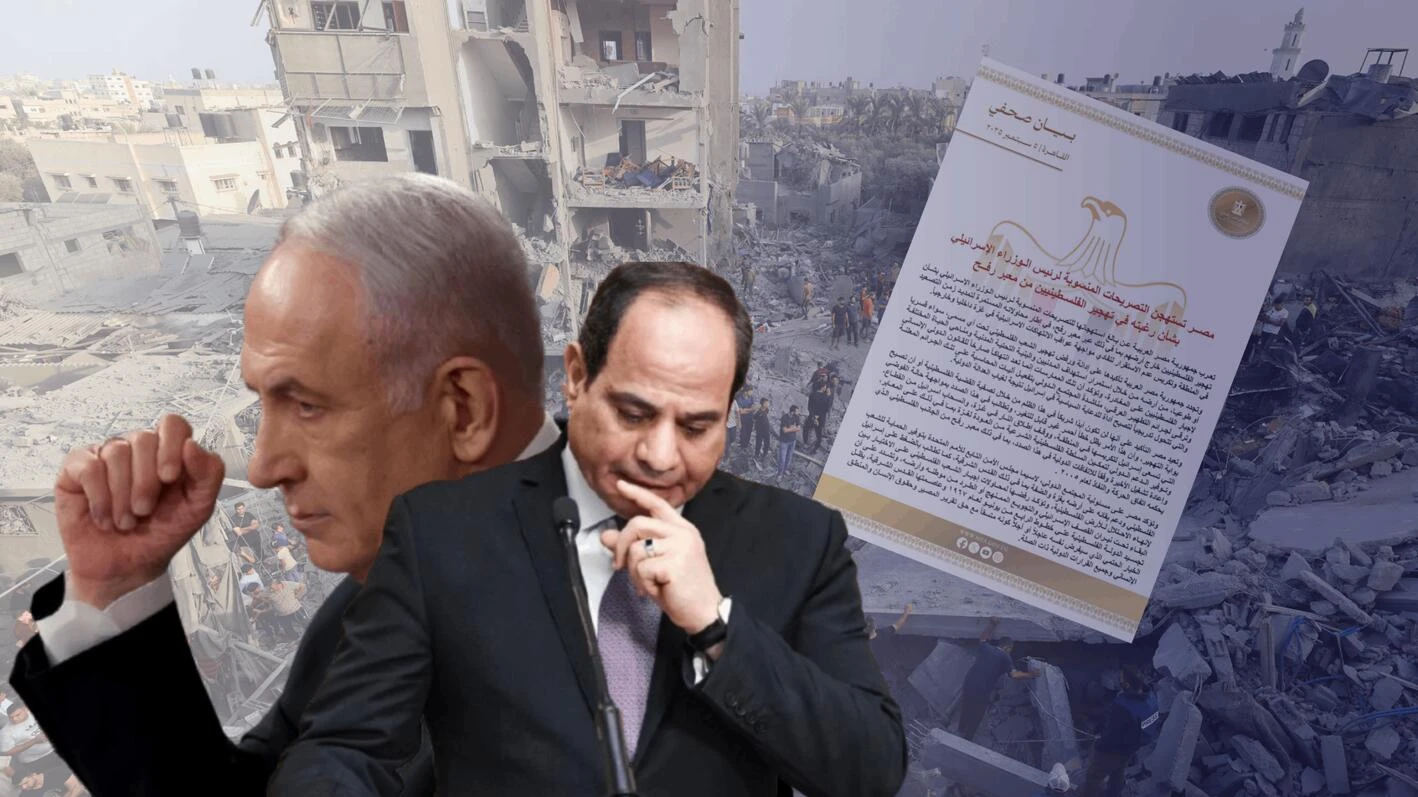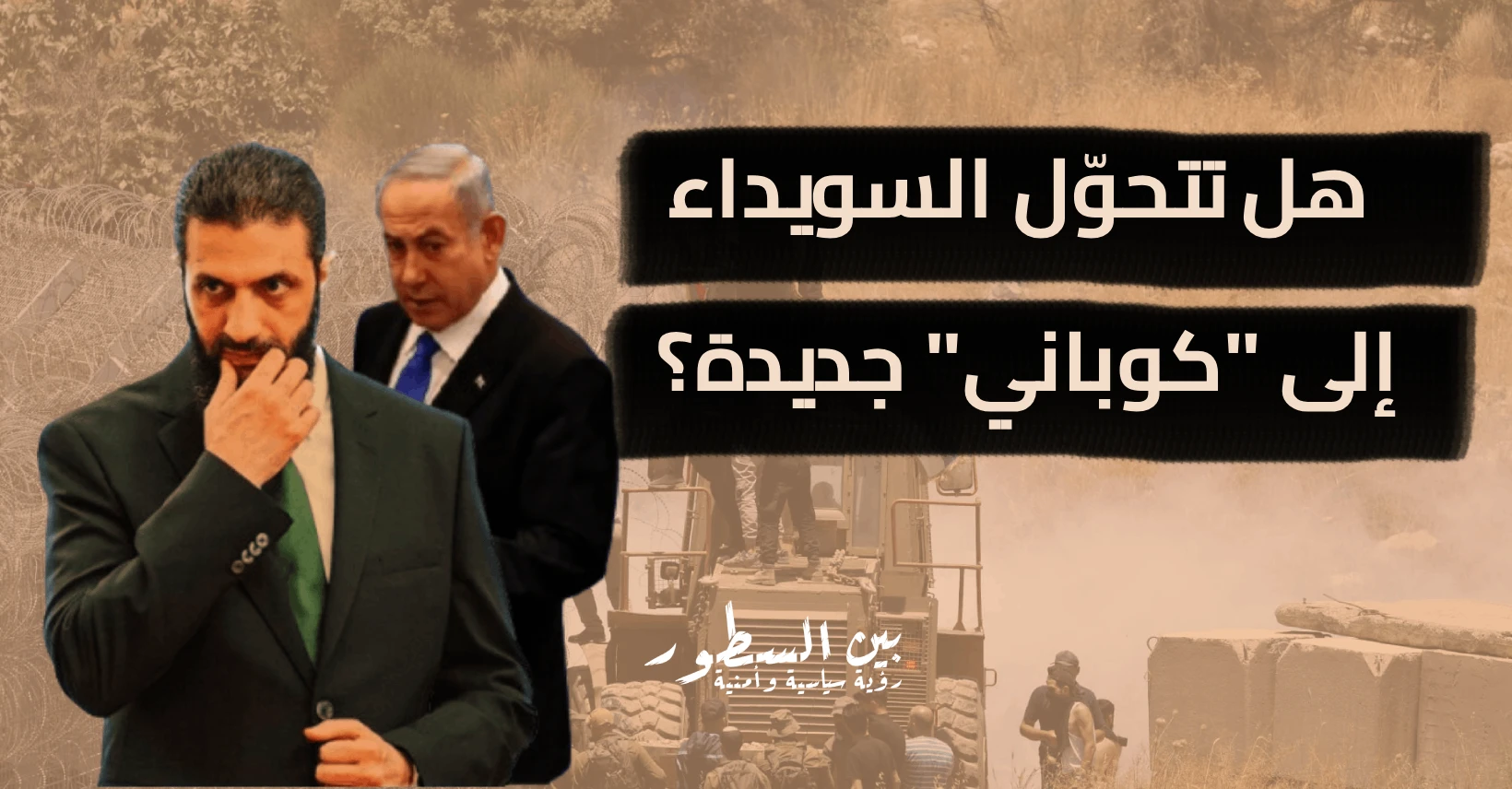The Sudden Return of Ali Hussein Mahdi: The Mystery of Leaks and International Political Pressures
This is an AI-generated English translation. The original text is in Arabic.
The young Egyptian opposition figure Ali Hussein Mahdi has gained fame in recent years for leaking video clips and exclusive news that could only come out of Egypt through influential agents within the state's security apparatus. Ali Hussein, who claims to have obtained political asylum in the United States several years ago, was the first to present several videos of senior Islamist detainees from within their solitary confinement cells, which are surrounded by strict security measures, as they are monitored by cameras and lights around the clock.
Over the past years, Ali has disappeared for periods and then reappeared. The Egyptian government has attempted to silence him on numerous occasions, either by arresting his family members or through other means familiar to Arab governments, but it has not succeeded.
According to what he has posted on his social media accounts, he has been unable to leave the United States due to a travel ban imposed on him by a U.S. security agency. This decision has put U.S. airport authorities in an awkward position as they have never dealt with a similar case, according to his statements. It seems that the Egyptian government has managed, through pressure on Washington, to keep him in this situation, forcing him to live as if he were imprisoned, even though he is free, as politics knows no borders and is not halted by laws.
Surprisingly, on May 24, 2024, the activist announced via his social media accounts his voluntary return to Egypt from America. He stated that he returned to stand with his country and oppose from within, a phrase often echoed by the Egyptian government and its supporters and security agencies. He also thanked everyone who tried to dissuade him from his decision and confirmed that he possesses information he will reveal at the appropriate time, which has not happened yet and may not occur until after his death.
This announcement raised many questions and speculations about the reasons that led him to this sudden reversal, at a sensitive time when Israel accuses the Egyptian government of sabotaging the truce agreement between it and Hamas. Israeli media reported Cairo's dissatisfaction with Israel's inability to eliminate Hamas so far, as stated by the former Israeli ambassador on Channel 14, and his statements were published in translation.
Who is leaking news to Ali Mahdi?
Ali Mahdi's danger to the Egyptian regime primarily lies in his sources, which the security agencies have not yet been able to uncover. He has obtained many sensitive documents and published many of them on social media, posing a significant threat to the regime. The regime has made extensive efforts to stop these leaks, realizing that more of them could cause serious crises.
In 2022, after he published some documents and videos, Egyptian authorities arrested his father as a means of pressuring him. Ali had stated before this arrest that he would stop publishing the documents they asked him not to publish in exchange for his father's release, but the regime did not adhere to its promises.
The situation becomes more precarious as the regime fails to identify the sources that provide him with these documents. It appears that these sources operate from within state institutions or have access to sensitive information, which raises concerns for the security agencies. The inability to uncover them means that the regime remains vulnerable to future leaks that could be even more dangerous.
The continuation of these leaks reveals a significant security flaw within the Egyptian regime and reflects its inability to control sensitive information. This situation increases the pressure on it and may drive it to adopt more violent repressive methods against activists and opponents both inside and outside Egypt.
If the situation continues in this manner, the regime may resort to harsher measures to limit the leaks, including attempts to silence opponents abroad by any means possible. This could lead to more arrests and restrictions on freedoms, not only within Egypt but also for refugees and opponents abroad, who may face similar pressures to those experienced by Ali Mahdi and his father.
Ali Mahdi's Political Style
Ali Mahdi is characterized by a unique political style that cannot be considered aligned with the ideas of the Muslim Brotherhood; rather, it is closer in some aspects to a jihadist character. Nevertheless, he attacks the leaders of the Brotherhood with the same intensity that he attacks the Egyptian regime, making it difficult to classify him as a jihadist. His speeches were far removed from the fundamentals of the jihadist current, while his style of criticism and discourse was closer to a liberal character.
He often employed insults and curses in an exaggerated manner, resembling the Egyptian-American activist Bahjat Saber. This sharp offensive style, whether against the leaders of the Brotherhood or the regime, made him a controversial figure outside traditional political frameworks. Despite this, official media still describe him as a Brotherhood activist.
He also utilized his platforms on social media to publish video clips documenting human rights violations and security abuses in Egypt, which intensified the regime's attacks against him. At the same time, he did not hesitate to criticize the leaders of the Brotherhood and their policies, adding further complexity to his political image.
This unconventional approach made him a direct target for the regime, which attempted to silence him through various means, including arresting family members and applying psychological pressure on him. Nevertheless, he continued his activism, becoming, in the eyes of some opponents, a symbol of resistance.
However, the intensity of his rhetoric raised questions about the effectiveness of these methods in serving his goals. While some considered them an expression of legitimate anger, others saw them as detrimental to the cause he defends, as they alienate certain groups that could have been supportive of him.
The complexity of Ali Mahdi's character and the diversity of his political style reflect the variance within the Egyptian opposition and demonstrate a complex political reality that transcends traditional classifications, making the understanding and analysis of these movements a challenging task.
Is America sacrificing political refugees for Egypt's loyalty?
One explanation for Ali Hussein Mahdi's voluntary return, which may seem unexpected in light of the official statement that used strict security language, is that he faced pressures within the United States that forced him to make this decision. It seems that these pressures came as part of an American attempt to demonstrate its support for Egypt in its efforts to uncover the parties that were leaking information to him, thereby giving the Egyptian regime an opportunity to identify and punish its collaborators from within.
Washington is trying to bring Cairo back into the Western camp by various means, while the latter is increasingly leaning towards the Eastern camp led by Russia and China. This shift has been evident in the reappointment of a rejected officer from Israel to manage the negotiation file between Hamas and Israel, in attempts to revive relations with Iran, as well as in the repeated visits of Russian officials to Egypt in recent weeks.
The United States views this trajectory as alignment with the Eastern camp, adhering to the logic of either with us or against us and not recognizing neutrality.
If this analysis is correct, then Egyptian political refugees in Europe, America, and Western countries may face a very difficult situation, and they may be sacrificed by the governments hosting them to appease Egypt. This could manifest in direct pressures or forcing them to issue statements announcing their voluntary return, similar to what happens with Syrian refugees in Turkey, where some are coerced into signing return documents under threats from police officers, despite Ankara's repeated denials of this.








